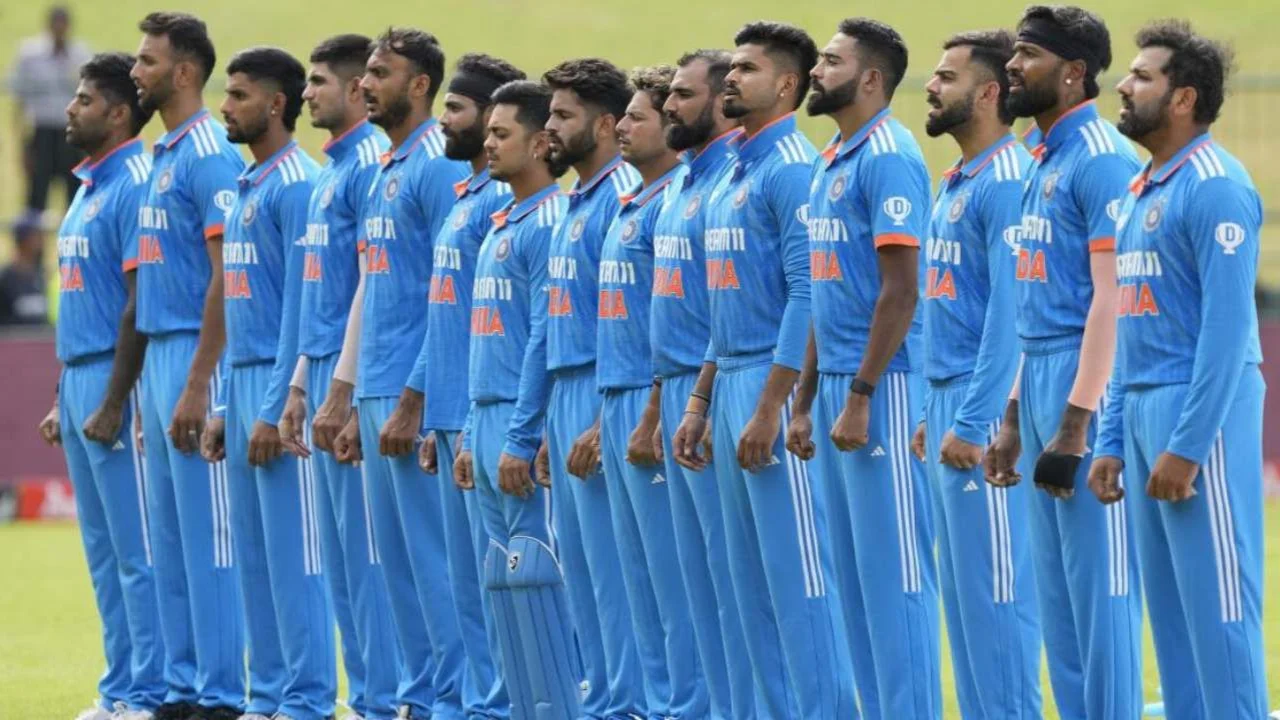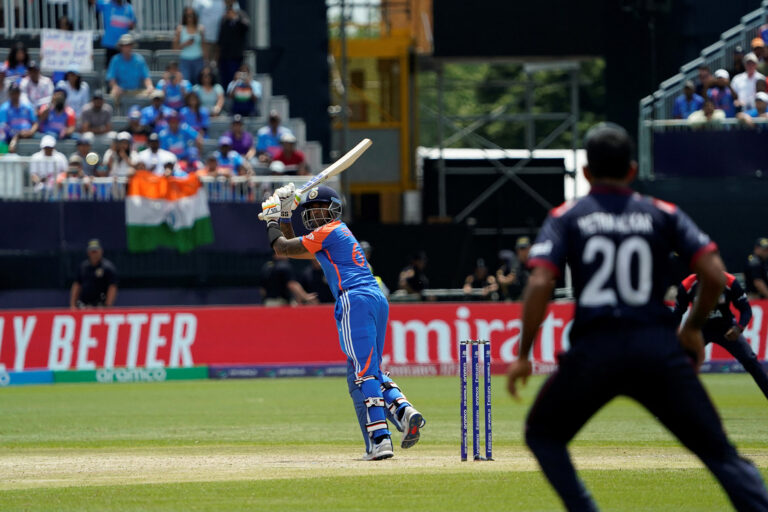Legal Framework for IPL Player Performance Metrics: Laser247, Gold365, 11xplay
Laser247, Gold365, 11xplay: When discussing player performance data in the realm of sports analytics, it’s crucial to understand the concept of ‘metrics’. Metrics refer to the measurable values that provide insights into the performance of athletes and teams, such as goals scored, assists, or shooting accuracy. These metrics are often used to evaluate player performance, track progress over time, and make informed decisions regarding strategies and player recruitment.
Another key term to be familiar with is ‘data points’. Data points are specific pieces of information or statistics related to player performance, matches, or training sessions. These data points can include details like the distance covered by a player during a game, the number of passes completed, or the average speed reached. By analyzing and interpreting these data points, analysts and coaches can gain valuable insights into player performance and make data-driven decisions to enhance team success.
Ownership Rights of Player Performance Data
In the realm of professional sports, the debate surrounding player performance data ownership has gained significant traction. As athletes continue to showcase their talents on the field, their performance metrics are meticulously tracked and recorded by various entities. The question of who holds the rights to this valuable data remains a contentious issue, with stakeholders ranging from individual players to team franchises and data analytics companies all vying for control.
The crux of the matter lies in the commodification of player performance data and its potential commercial value. With the advent of advanced technologies and data analytics tools, the insights derived from this data have become integral to enhancing player performance, drafting strategies, and fan engagement. Consequently, the ownership rights of player performance data have far-reaching implications not only for the athletes themselves but also for the broader sports industry as a whole.
Data Protection Laws and Regulations
Data protection laws and regulations are crucial in safeguarding personal information in the digital age. these laws outline the responsibilities of organizations in collecting, processing, and storing individuals’ data, ensuring transparency and accountability. Companies must comply with these regulations to protect the privacy and rights of individuals whose data they handle.
With the rise of cyber threats and data breaches, data protection laws continue to evolve and strengthen. Legislators worldwide are implementing stricter regulations to address emerging challenges and protect against unauthorized access or misuse of personal data. It is imperative for businesses to stay informed and adapt their practices to comply with these evolving legal requirements.







